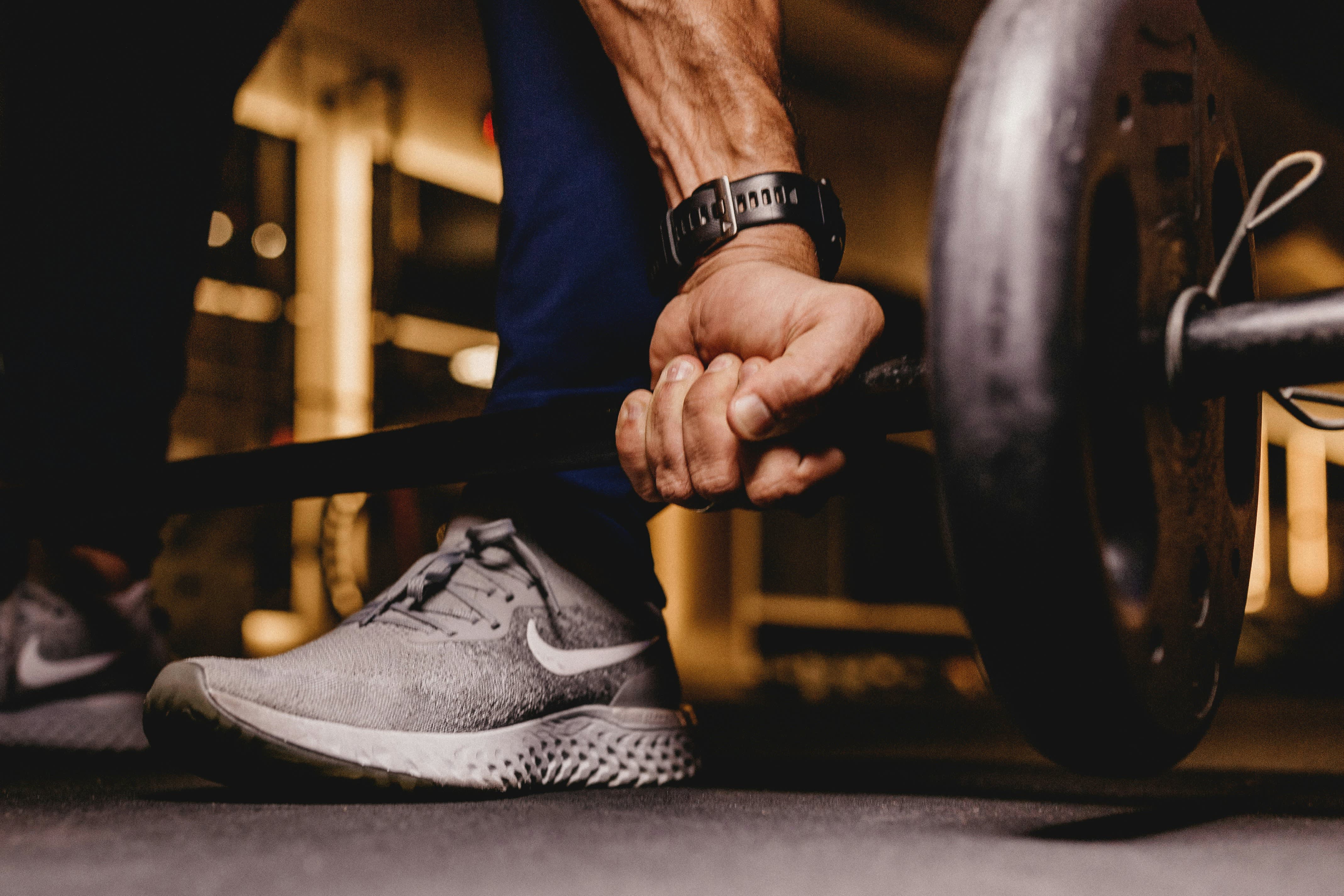No matter the distance or mode of transport, travel is incredibly exciting and fulfilling. Humans are hardwired to desire exploration and during the 21st century it has never been easier to jump on a flight to the other side of the world!
However, travel can have some common biological drawbacks that effect our bodies and health, these can include:
- Jet lag and sleep disruption
- Immune system suppression
- Increased stress and anxiety
We believe some simple supplements could help negate these symptoms for the majority of people, leading to more enjoyable travel.
Best supplements for jet lag and sleep disruption
Jet lag just feels awful. Defined as a temporary sleep disorder that occurs when our body's circadian rhythm (or body clock) is out of sync with a new time-zone. This can lead to tiredness, trouble sleeping, irritable mood, brain fog and more. These symptoms can last from just a few days to over a week!
In this clip, best selling author Dr. Peter Attia shared that he takes a a supplement called Phosphatidylserine when he travels across time-zones to off-set all of the symptoms listed above. The dose Dr. Peter Attia takes is 400mg during the flight.
Another supplement for treating jet leg is Melatonin. Researcher and best selling author of the book 'Why we sleep', Dr. Matthew Walker told listeners of the Joe Rogan podcast, "Melatonin is efficacious when you're travelling between time zones" to "fool your brain" into thinking it is dark. This then helps you fall to sleep and adjust to the new time zone much faster. Melatonin is currently only available in the UK on prescription, regulations for melatonin vary by country, and it is advised to check local laws and consult a doctor.
Last on the sleep disruption remedy list is Magnesium L-Threonate. Magnesium L-Threonate is a new form of magnesium that can easily cross the blood brain barrier to travel into the brain. Studies have shown supplementation with Magnesium L-Threonate to increase certain neurotransmitters (GABA) which actually inhibits communication between neurons in the brain. This makes it a useful tool to switch off forward thinking and fall asleep far easier. Taking around 300mg before sleep or a long flight may make easier to drift off into a peaceful snooze.
Best supplements to manage stress and anxiety when travelling
Anxiety and stress can have various different sources when preparing for travel, as well as the act of travel itself. Flying anxiety is very common.
There are a number of herbal supplements classed as adaptogens which have been well studied and shown to reduce the stress hormone cortisol, which improves overall anxiety symptoms. The two main supplements in this class are Ashwagandha & Rhodila Rosea. Studies of Ashwagandha lasting 60-days typically show lower baseline levels of cortisol. Taking Ashwagandha daily for two months prior to travel may help any travel related anxiety, it's also very low cost. Rhodiola Rosea has a similar effect.
I never leave home without magnesium and Ashwaghanda supplements. They helps me to settle and sleep when travelling to long haul destinations.
Best supplements to boost Immune system
We've all been sick or know people who have been ill, during or shortly after travel. The symptoms of jet lag can have dramatic effect on the immune system alone. Just four hours of sleep for 1 night was reported in this study to reduce our immune system's t-cell activity by a whopping 70%! Couple that with a plane full of germs and you could end up sick for the entirety of your trip.
To negate these effects, overcoming any jet lag is important in order to get adequate sleep. Between 7-9hrs is the sweet spot. Other vitamins that play a role in the strength of your immune system are vitamin C, vitamin D and Zinc, all of which can be easily found in fruits and vegetables and direct sunlight. If there is limited sunlight in your location, a simple vitamin D supplement dosed between 1,000–4,000 IU would help strengthen your immune system's T-cells.
Even when travelling on short flights from the UK to Jersey, I make sure I have had adequate sleep before travelling.
How to pack supplements and vitamins for travel
Travelling with supplements is permitted but does require some preparation to speed up your journey through security. Supplements often are classed as ‘non-prescription medicine’ and are allowed in hand luggage and checked hold luggage.
If you're planning to take supplements onto a plane as hand luggage, it's advised to either keep them sealed in their original packaging or to pack them in a transparent, sealed container with a clear label. This will make it easier for security staff when screening your luggage.
In the USA, TSA confirms that supplements are permitted for travel. Likewise, the UK government documents that medicines and dietary requirements in tablet form or liquids less than 100ml do not require proof of prescription when traveling.
Conclusion
Travel is super fun and fulfilling but we want to be in our best condition to enjoy it. Offsetting any jet lag and sleep disruption is important for energy, mood and regulation of our immune system. This could be achieved by supplementing with Phosphatidylserine, melatonin and Magnesium L-Threonate. Melatonin is currently only available in the UK as a prescription drug. Herbal adaptogenic supplements like Ashwagandha & Rhodila Rosea are useful for reducing chronic stress and anxiety, especially if the stress is caused by travel plans. Boosting your immune system before travel is also advised, Vitamin C, Vitamin D and Zinc all play a role in a health defence.
When travelling with supplements, keep them in the original packaging or labeled in a sealed, transparent container.
Lastly, when trying any new supplements, it is advised to first consult your doctor. Supplements may not have the same effects for everyone, individual responses can vary based on factors such as health status, age, and existing medications.
Happy travels!
Further reading

Release notes
4 min read
Introducing bodylink
For far too long the supplementation industry has had a bad reputation.
01 Oct 24

Study
12 min read
Only 22% of supplement brands share lab-test results (A study by bodylink)
We asked 100 supplement brands to supply third-party lab tests. Here are the full results!
29 Oct 24
